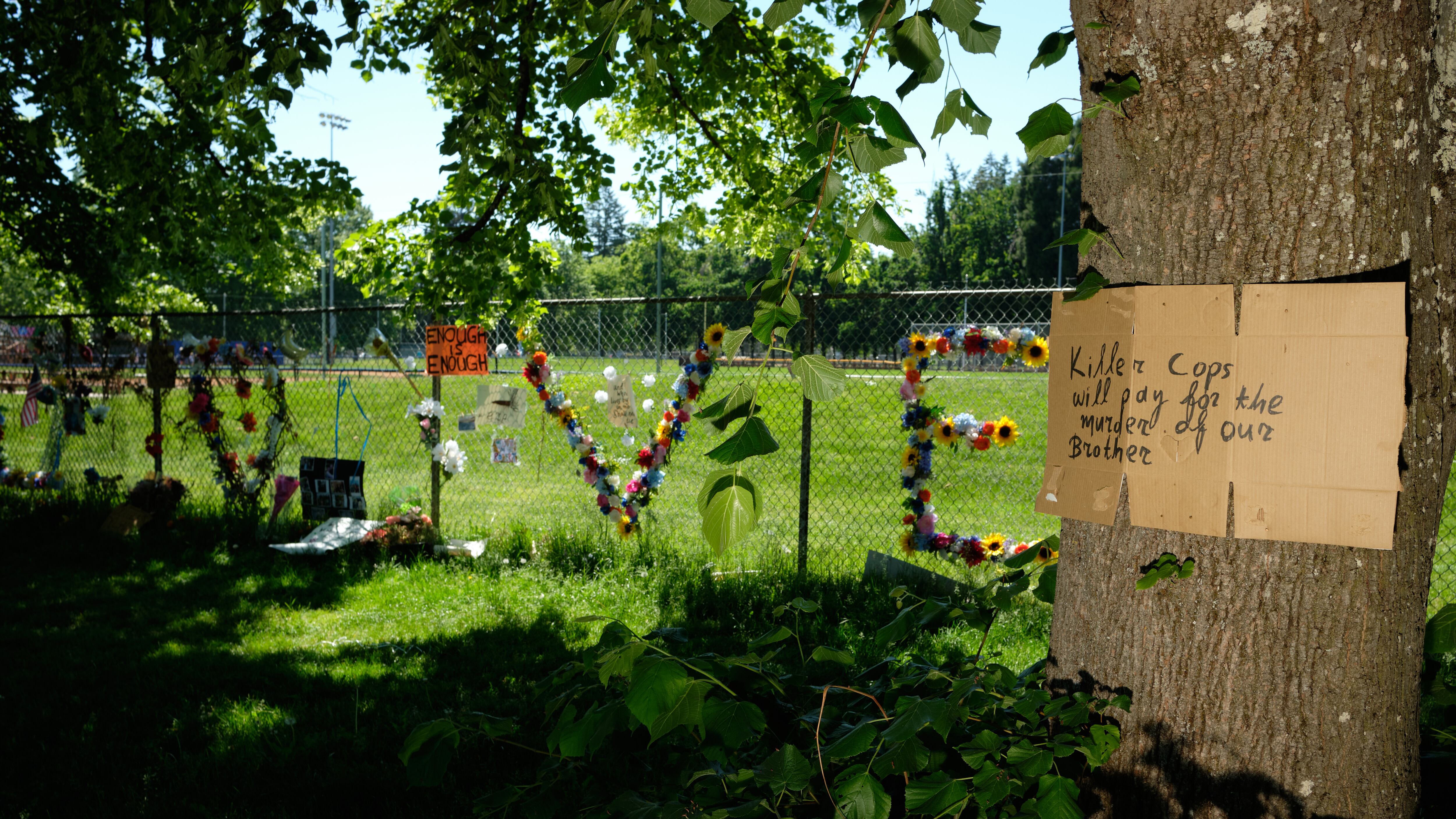For the second time this year, Commissioner Jo Ann Hardesty has proposed a citywide expansion of Portland Street Response, which dispatches unarmed mental health professionals and paramedics in lieu of police to certain types of mental health crisis calls and welfare checks.
The proposal is outlined in the fall budget submission by Portland Fire & Rescue: one of Hardesty’s bureaus that also houses PSR. The submission asks for $1,081,080 to fund 13 full-time positions—including four crisis medics and four mental health crisis clinicians—as well as two vans and five sedans.
PSR, which launched its pilot program in February, is currently relegated to the Lents neighborhood. The funds would allow the program to expand citywide by March 2022 and to operate seven days a week, from 8 am to 6 pm Monday to Thursday, and from 6 pm to 3 am Thursday to Sunday.
“This next step is not a full 24/7 expansion,” Hardesty tells WW, “but it moves us significantly closer to that ultimate goal.”
In the spring, Hardesty proposed $3.6 million in ongoing funds for a citywide expansion. The City Council voted against that proposal 3-2, with Commissioner Carmen Rubio providing the second yes vote.
The no votes raised the ire of the public and members of Oregon’s congressional delegation. The heated discussion was in part fueled by the fatal shooting of Robert Delgado by Portland Police Bureau Officer Zachary DeLong less than one month prior, on April 16. The shooting occurred in Lents Park—squarely within the pilot program’s service area, but Portland Street Response was not dispatched to the scene because it occurred around 9:30 in the morning—before PSR’s workday began—and because Delgado was believed to be armed (it turned out to be a toy gun).
The tide may be turning. During a Sept. 17 press conference, Mayor Ted Wheeler said he now supports a citywide expansion of the program.
“I’m currently working with Commissioner Hardesty on the next iteration of that,” Wheeler said about Portland Street Response last week. “My belief is that if Commissioner Hardesty and I can reach agreement on that deployment, we shouldn’t have too much difficulty gaining the necessary support from the rest of the council.”
Hardesty says she is “making no assumptions” about how her colleagues will vote this time around.
“I believed last budget cycle was the right time to move forward with expanding Portland Street Response,” Hardesty said. “The urgency of the moment to address the crisis on our streets with compassion and harm reductions strategies has not changed. Our houseless neighbors and those suffering from behavioral health issues are in need, and Portlanders have resoundingly supported the expansion of Portland Street Response. The time for action is now.”
During the spring budget vote, the three dissenters—Wheeler and Commissioners Mingus Mapps and Dan Ryan—argued they needed to see more data and research behind Portland Street Response before approving the expansion.
“I’m not trying to be cheap. I’m trying to get it right,” Wheeler said in May. “I have one priority. It’s only one. That’s outcomes.”
During the vote, the council unanimously adopted a joint proposal by Hardesty and Wheeler for a program evaluation at the six- and 12-month marks of the pilot.
Portland State University has been conducting the study, which Hardesty says is “on track.” She added that the PSU researchers will present “a comprehensive report after six months of evaluation” during a public work session slated for Oct. 5.
